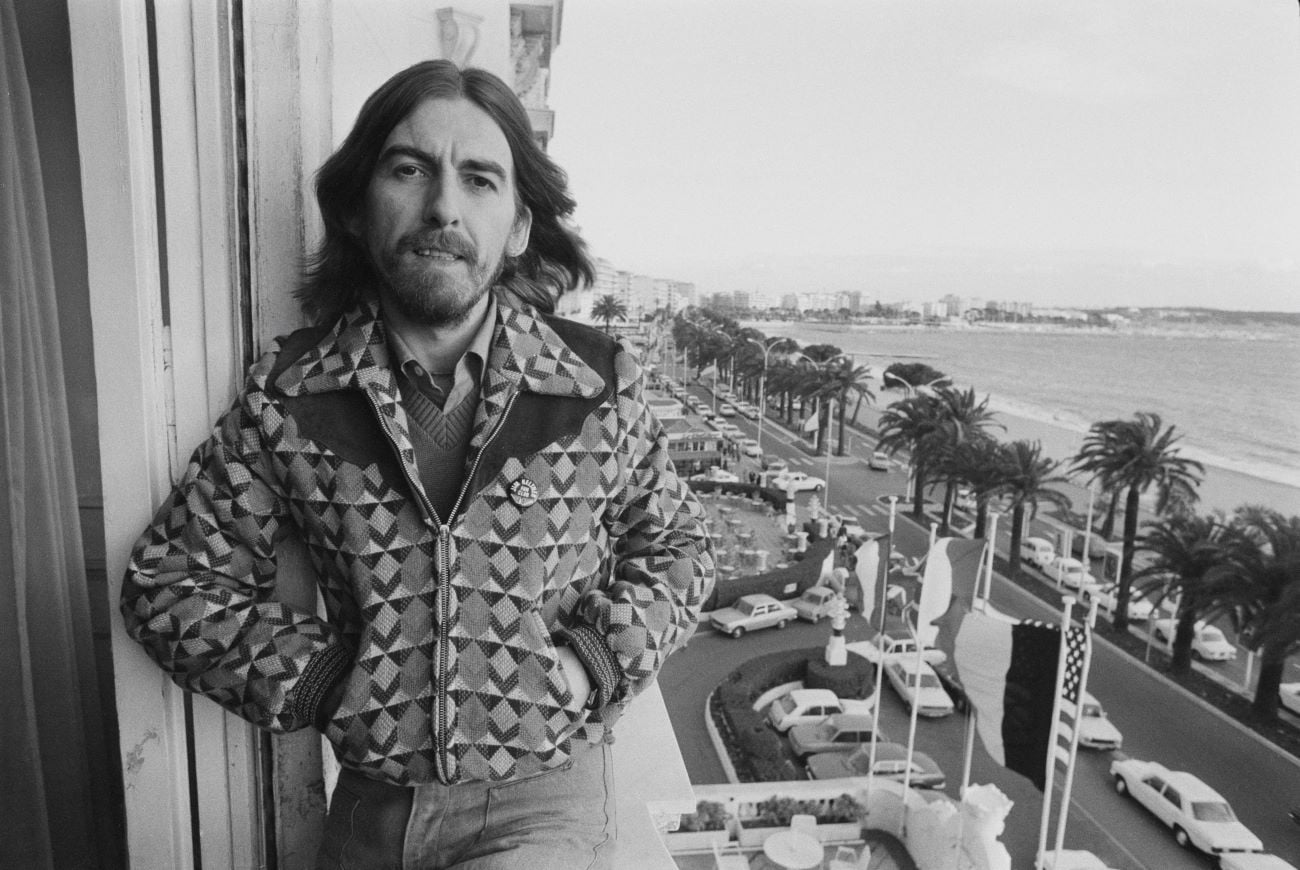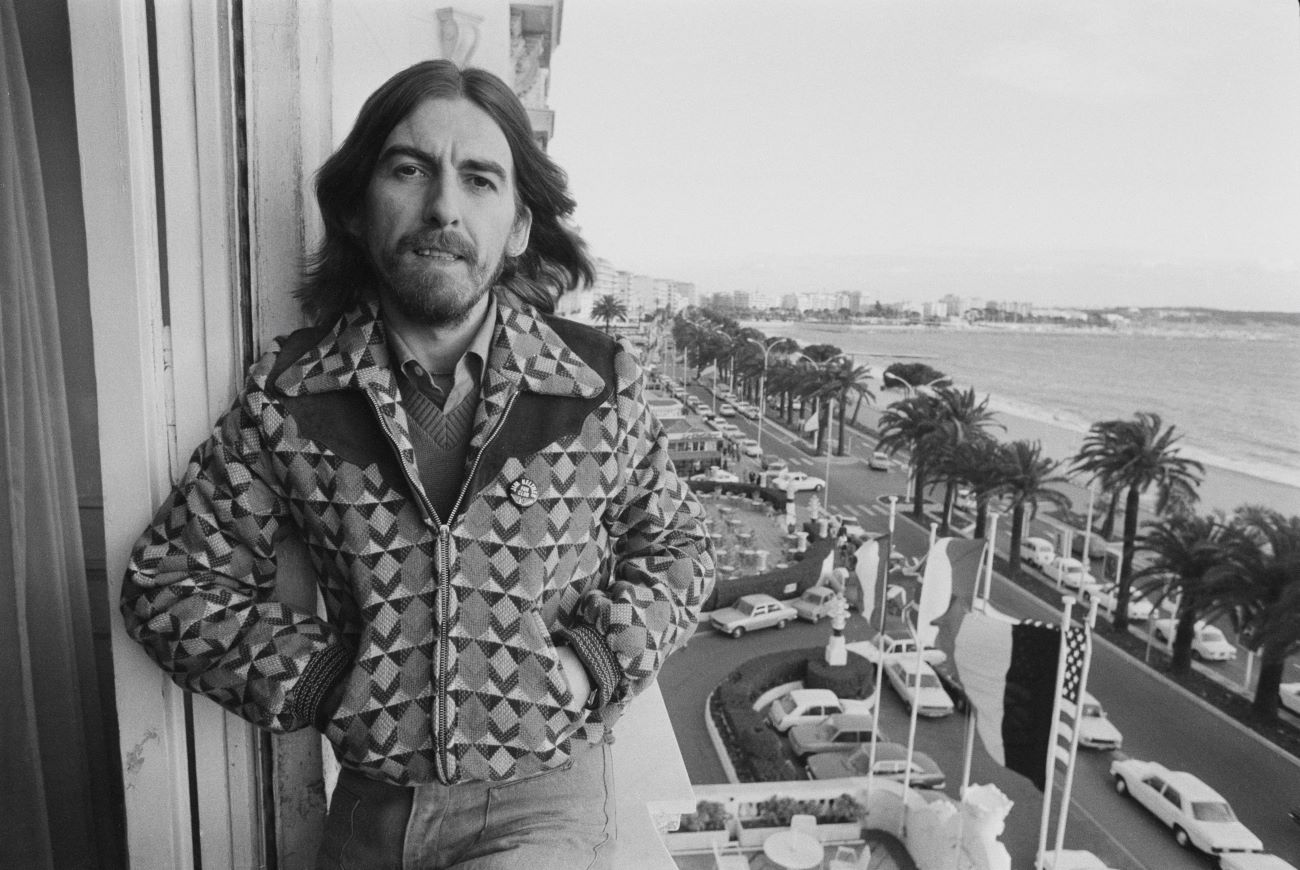
George Harrison Would ‘Shoot the Messenger’ When He Got Bad News
George Harrison received devastatingly bad news about his company in the late 1980s. An accountant and one of his friends warned him that, due to the actions of his business partner, Harrison’s financial situation was rapidly worsening. Harrison was good friends with his business partner, however, and didn’t want to believe this. He reportedly had a tendency to “shoot the messenger” when he got bad news and didn’t react well.

George Harrison received bad news about his company in the 1980s
In the late 1980s, Harrison’s production company, HandMade films, began hemorrhaging money. After a series of financially unsuccessful films, Harrison’s business partner, Denis O’Brien, hired an accountant, John Reiss, to investigate the situation. Ironically, Reiss discovered that O’Brien was the problem. Harrison believed that he and O’Brien were equal partners at the company. Instead, Harrison was financially responsible.
“Every time Denis needed more money for films, he would basically use George’s personal guarantee to guarantee the loan and George had no idea and, of course, the bank assumed he was mega-rich and they never checked and he had personal guarantees that were far greater than his net worth,” HandMade film’s Wendy Palmer said, per the book Very Naughty Boys by Robert Sellers. “I remember clearly Denis going off to see George, clutching the document, and coming back with a signature and we’d have more money again.”
George Harrison wasn’t happy when he heard bad news from his friends
When Reiss discovered this, he and Harrison’s longtime friend Ray Cooper went to Harrison’s house to tell him.
“I told him that most of his assets were in the films and properties, he hadn’t got any liquid capital,” Reiss explained. “His portfolio was totally out of skew in the sense that he hadn’t got resources to meet his day-to-day needs, it was all in celluloid and properties. He also had no pension provision for old age. And then there was the contingent liabilities, the bank guarantees not shared with Denis. And he’d also personally given completion guarantees on films.”
Harrison didn’t take the news well. Instead of being angry at O’Brien, however, he was mad at Reiss and Cooper for telling him.
“He really didn’t want to know and he virtually threw us out … even his old mate Ray,” Reiss said. “And that saddened me. I think he half-knew, he just didn’t want to hear the terrible news.”
Palmer believed that this behavior was typical for Harrison.
“George was the kind of person who’d shoot the messenger because he didn’t want to know,” she said. “He wanted to believe that everything was hunky-dory and fine.”
He ended up accepting what his friends were telling him
Eventually, Harrison accepted that O’Brien had wronged him. Per The New York Times, a court awarded Harrison $11 million in a 1995 lawsuit. When O’Brien filed for bankruptcy, Harrison attempted to block the declaration.
“He hated [O’Brien] with an intensity that was quite rare for George,” his friend Eric Idle said. “It took him a long time to get over all that.”
He felt betrayed by O’Brien and wrote the unreleased song “Lyin’ O’Brien” as an outlet.


